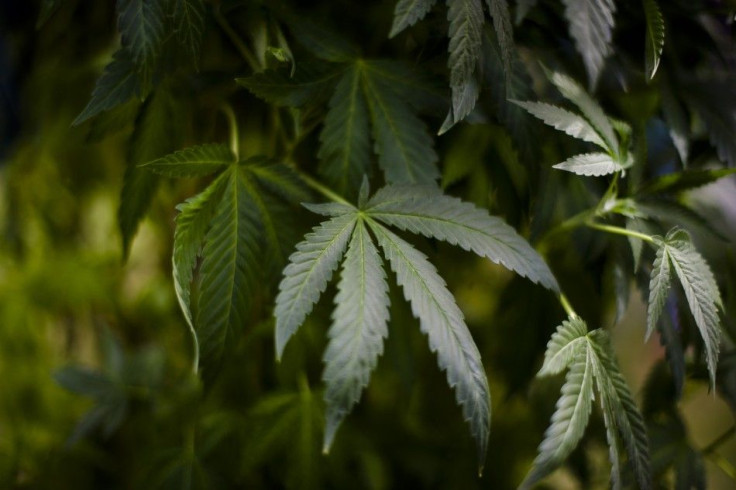New Bill Would End Federal Marijuana Prohibition

Joint action could blaze a path to new legislation. U.S. Rep. Barney Frank, D-Mass, and U.S. Rep. Ron Paul, R-Texas, said they will introduce a bill on Thursday to allow states to legalize, regulate, tax, and control marijuana without federal interference, limiting the government's role in marijuana enforcement to cross-border or interstate smuggling.
The bill would also permit people to legally grow, use or sell marijuana in states that allow it without fear of federal prosecution, the San Jose Mercury News reported.
The bill's original co-sponsors include Reps. John Conyers, D-Mich.; Steve Cohen, D-Tenn.; Hared Polis, D-Colo.; and Barbara Lee, D-Calif.
The human cost of the failed drug war has been enormous - egregious racial disparities, shattered families, poverty, public health crises, prohibition-related violence, and the erosion of civil liberties, Lee said Wednesday.
And of course the cost in dollars and cents has been staggering as well - over a trillion dollars spent to incarcerate tens of millions of young people, Lee added. I co-sponsored this bipartisan legislation because I believe it is time to turn the page from this failed drug war.
The legislation is the first bill to repeal the set of laws criminalizing possession, use, and sales of marijuana, said Drug Policy Alliance National Affairs Director Bill Piper.
For instance, alcohol use was legal during alcohol prohibition. What caused all the violence, corruption, injuries ... was the prohibition on sales and distribution, Piper said. That would be the key difference. I guess it depends on whether you're using the word prohibition as 'illegal' versus describing the broader institution that is similar to alcohol prohibition.
Medical marijuana is legal in 16 states.
© Copyright IBTimes 2024. All rights reserved.











